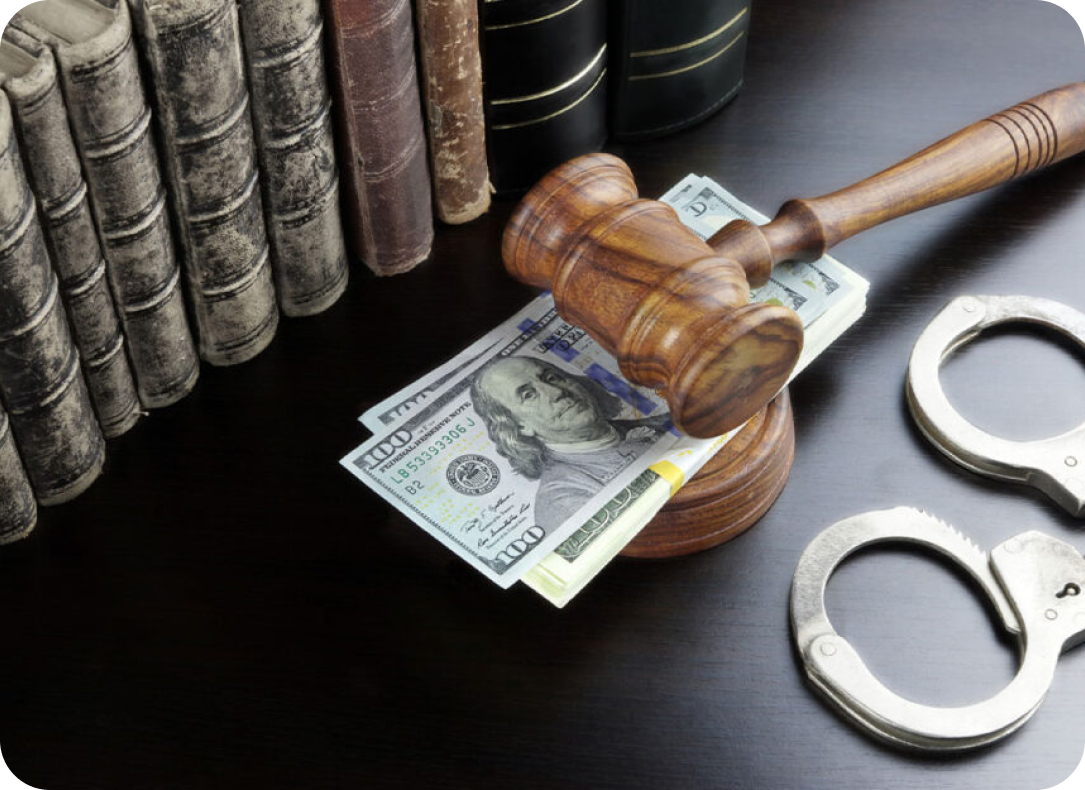Cash Bail

Cash Bail is a form of pretrial release in which the full amount of bail set by the court is paid in cash to secure the temporary release of a defendant from jail while they await trial. It is designed to ensure that the defendant appears in court as required.
🔹 Key Features of Cash Bail:
-
Full Amount Required: The defendant (or someone on their behalf) must pay the entire bail amount in cash, certified check, or money order—no financing or bonding company is involved.
-
Held by the Court: The money is held by the court as a financial guarantee.
-
Returned Upon Compliance: If the defendant appears for all court dates and complies with conditions, the full amount is typically refunded after the case concludes, regardless of the outcome (minus any court fees or fines).
-
Forfeited on Failure to Appear: If the defendant misses court, the entire amount may be forfeited to the court.
🔹 Example Scenario:
-
Bail is set at $5,000.
-
The defendant pays the full $5,000 in cash to the court.
-
The defendant is released and required to attend all hearings.
-
If they show up and follow all conditions, the $5,000 is returned after the trial.
-
If they miss court, the money is lost and a warrant may be issued.
🔹 Advantages:
-
No third-party (like a bail bondsman) is involved.
-
Full refund possible if all legal obligations are met.
-
No fees or interest like with bail bonds.
🔹 Disadvantages:
-
High upfront cost—many defendants can’t afford it.
-
Money may be tied up for months during the court process.
-
Risk of losing the full amount if conditions are violated.
🔹 When It’s Used:
-
When the court believes the defendant is a low flight risk but still wants a financial guarantee.
-
Often used in misdemeanor cases or low-risk felonies.


